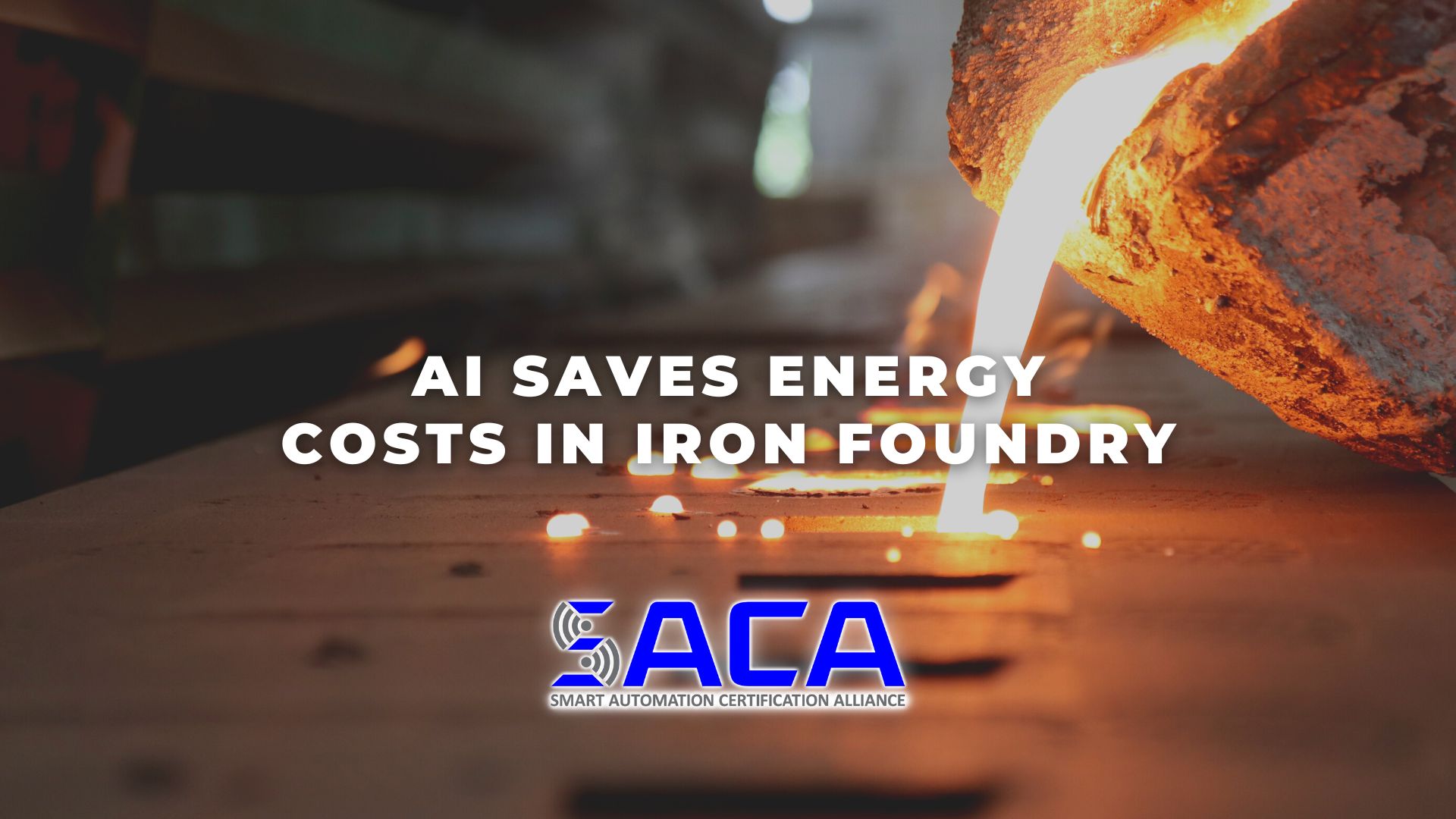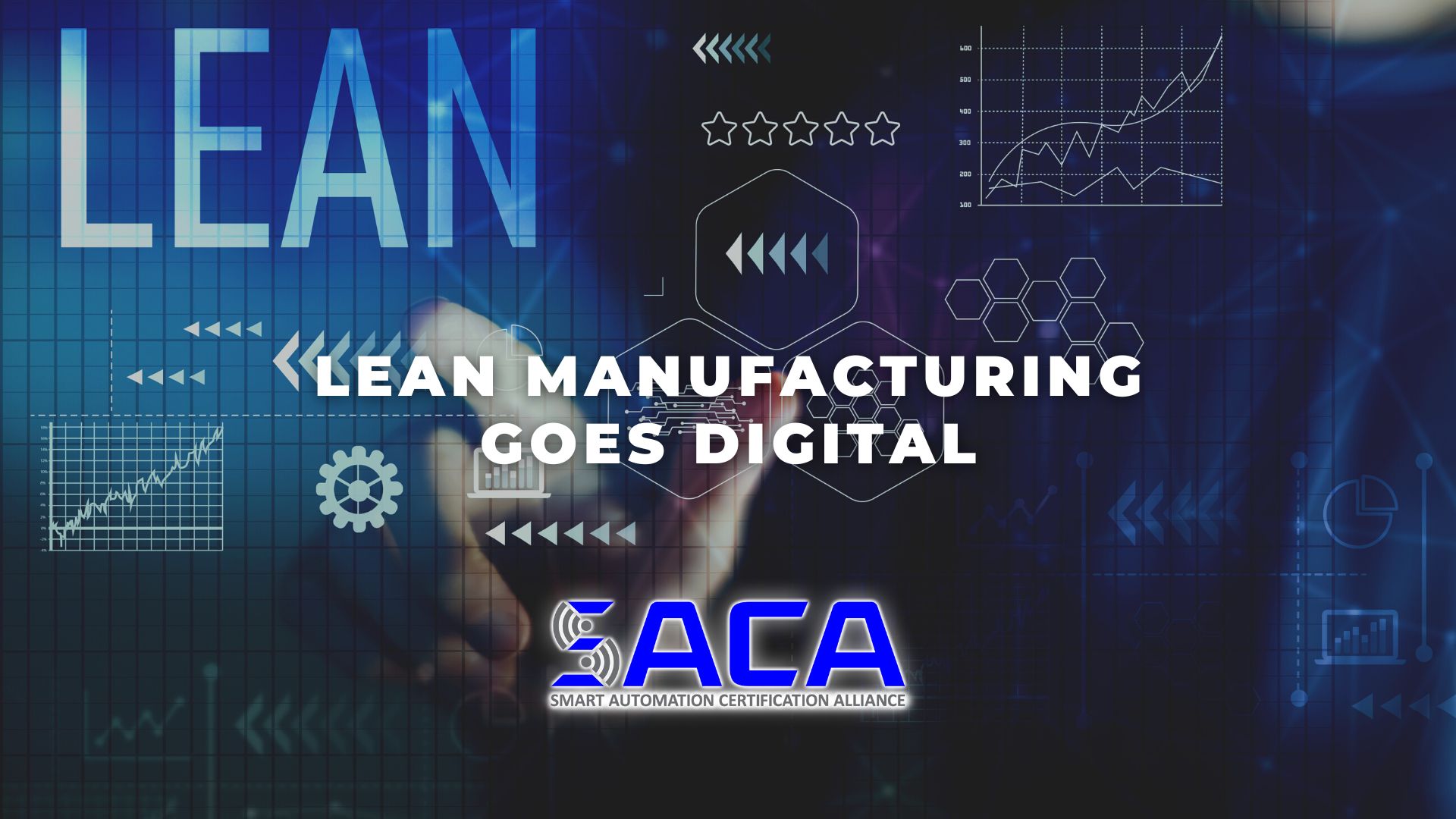
Will Artificial Intelligence Impact Every Industry?
Artificial Intelligence (AI) seems to be everywhere you look these days. Some laud AI as an exponential step forward in what technology can do to transform our jobs and lives. Others fear AI could be dangerous if used nefariously. Of course, authors like Carlos E. Perez in a recent Medium article jokingly play devil’s advocate: “Do you know what’s more dangerous than artificial intelligence? Natural stupidity.”
In all seriousness, it’s clear that AI has arrived and is here to stay. We’ve only seen the tip of the iceberg when it comes to its applications. Manufacturers across the country and around the world are already implementing AI solutions in a variety of ways. For example, in a recent TechTarget article by Lindsay Moore, the author gives several examples of ways manufacturers are using AI today, including:
- collaborative robots (cobots) working alongside humans;
- robotic process automation (RPA) software handling tedious and repetitive tasks;
- digital twins providing insight into the performance of machinery;
- predictive maintenance improving safety and lowering costs;
- lights-out factories utilizing a robotic workforce with minimal human interaction;
- machine learning algorithms predicting demand;
- inventory management systems smoothing out supply chain issues; and
- visual inspection systems detecting faults in real time.
Some manufacturers may look at a list like this and fail to see how AI could help their particular industry. After all, aren’t there some industries that tend to be more on the low-tech side of things? Take your average iron foundry, for example. Melting down metal, pouring it into a mold, and letting it cool to solidify to make a wide variety of cast metal objects doesn’t seem like it would hold great potential for implementing AI, right? Wrong!
A recent Foundry Management & Technology article details how Danish iron foundry Vald. Birn A/S implemented AI technologies ”to optimize the process of filling sand molds,” resulting in significant energy savings. The foundry produces cast metal “parts for commercial vehicle manufacturng, construction and material handling machinery, hydraulic systems, transmission systems, heavy machinery, and defense systems.”
According to the article, the foundry adopted new AI technology “to monitor and analyze molten-metal pouring.” Here’s a brief breakdown of how it works:
“two laser beams are positioned to precisely locate a molten metal stream as it enters the mold, to control pouring in a way that is repeatable and reliable. As the stream enters the mold, sensors collect pouring performance data and software evaluates the information to continuously optimize parameters, to avoid slag build-up, variations in temperature and launder level, wear conditions for the stopper and nozzle, and similar problems that reduce dosing effectiveness.”
Birn CTO Lars Jørgensen noted that “[t]he technology helps us save a significant amount of energy because precise dosing into the molds is essential for determining the exact amount of energy needed to fill the molds adequately and allow the molten metal to flow perfectly into the molds.”
Iron foundry workers need not be worried about being replaced by AI, however. Jørgensen explained that “[t]he technology is a great aid to our operators, but it certainly cannot replace them in the whole process. It essentially serves as a skilled assistant, helping to optimize the pouring processes while operators can take samples of molten iron and perform other specialized tasks.”
Even if AI does not replace workers, the workers of today and tomorrow will need to learn new skills to keep pace with the advanced technologies being implemented in the modern workplace. That’s why manufacturers are increasingly looking to hire highly skilled workers that can operate, maintain, troubleshoot, and repair advanced automation systems.
Unfortunately, due to the ongoing “skills gap” facing industries across the country, finding highly skilled workers remains a significant challenge. How can employers be sure that workers have the hands-on skills they need to succeed in the modern workplace? Today, more and more employers are looking for workers with industry-standard certifications that prove they have the skills needed.
For example, if workers possess a certification from the Smart Automation Certification Alliance (SACA), employers can feel confident they’ve already proven they have the knowledge and hands-on skills needed for working with advanced smart automation technologies. SACA has been hard at work collaborating with industry leaders to develop a wide variety of industry-standard certifications that will help employers find workers who possess the advanced connected-systems skills they need to take their businesses to the next level. Be sure to check out SACA and all it has to offer!





